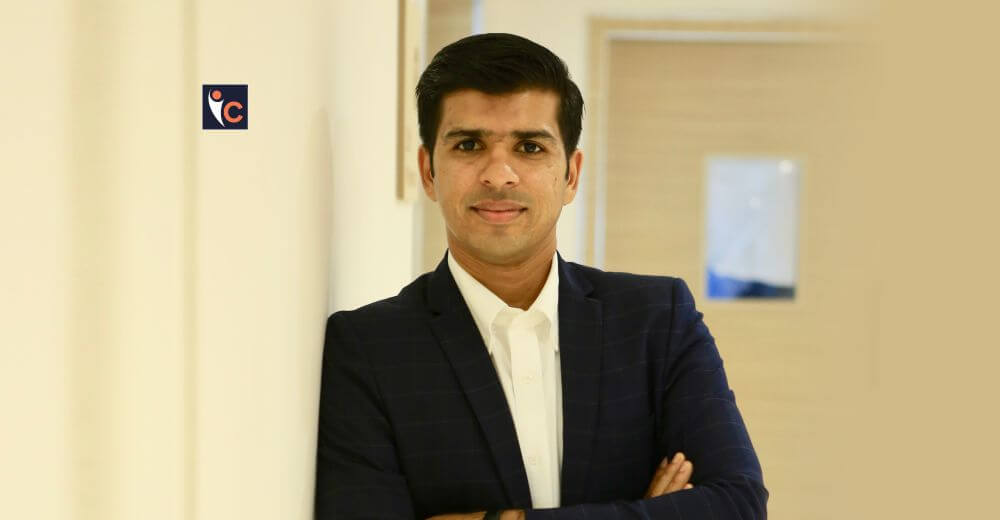By- Mr. Senu Sam
What is Digital Health?
The use of technology to address the most important healthcare issues is on the rise! Technology has limitless potential to promote just, inexpensive, and efficient healthcare systems in the context of global health. Digital health refers to this nexus between technology and health.
Globally, digital health is redefining health care systems by expanding the use of analytics, including decision-making and predictive dashboards for caseload prediction and disease control; artificial intelligence and machine learning, including solutions that can scan X-rays, automatically identify disease traces, and use notification-based nudges to encourage users to change their behavior and achieve positive health outcomes; and systems thinking, including the use of multiple digital health platforms.
The post-pandemic world we live in today increasingly scrutinizes technology to address its most critical issues. The potential of technology to create easily accessible, reasonably priced, and successful healthcare systems are limitless. With the wonders of medical technology comes a stronger emphasis on patient-centered design. In India, healthcare accessibility is being restructured and modified as a result of this productive junction of technology and patient-centeredness.
Mobile and Personal Healthcare
Numerous innovative technologies, including medical wearables, screening tools, 3D printers, remote analyzers, and mobile health apps, have arisen in India to promote individualized and accessible patient treatment across various regions. As medical tools and equipment get smaller and more portable, treatments will probably develop more specialized. In turn, this may contribute to the flexibility, accessibility, and accuracy of healthcare services. Healthcare providers will then be able to enhance patient outcomes by increasing personnel and process efficiency. Patients will also be able to receive the finest treatments promptly rather than wasting time traveling or attempting numerous approaches.
Digital Interventions in Healthcare
Thanks to cell phones and the Internet, Indian consumers have become accustomed to having access to information whenever and wherever they are. Many people have similar expectations for healthcare. More and more people are using the internet to schedule appointments, get advice and prescription drugs, and keep tabs on their health. The patient experience and results are improved by having access to real-time healthcare information and intervention. Patients can access their medical information, test results, appointment schedules, etc., by using various digital apps and channels. Additionally, AI and automation enable medical professionals to spend more time interacting with patients rather than completing medical records.
Electronic Health Records Hosted on the Cloud
Electronic medical records (EMRs) that gather data from the ecosystem are gradually making their way into healthcare systems, despite being an elusive aim up until now. EHRs that are AI-power can increase process effectiveness and decision-making to improve healthcare quality. At the point of care, having access to vast, real-time patient data can significantly enhance patient outcomes. To promote active patient participation, this data can also be incorporated into their routine treatment and well-being. Growing internet usage has made it possible for healthcare data to be safely kept in the cloud and accessed whenever necessary by many stakeholders.
Hybrid Medical Strategy
After the pandemic broke out, there was a paradigm change in the healthcare industry from in-person counseling and treatment to digital care. The rapid adoption of technology in healthcare has also changed the way patients and doctors communicate. The best aspects of in-person care and telemedicine are combined thanks to improved workflows and technological adoption. If a patient’s condition can be managed remotely, this hybrid care model depends on technology for patient consultation, monitoring, and appointment scheduling. The hybrid model offers patients convenience and requires less time, while doctors or other healthcare professionals see it as a chance to give proactive care at the lowest possible cost.
Conclusion
It is essential to design the perfect doctor-patient relationship to develop sustainable healthcare solutions. High-quality care, a decline in medical errors, and increased affordability in the healthcare system can all be used as levers to extend access to healthcare. Health IT partners may now fill the void left by the shortage of clinical and administrative resources, improving patient satisfaction, reducing medical errors, and relieving doctors of menial work. India’s doctor-led, the patient-centered healthcare system may be made possible through this.
Author Bio
Mr. Senu Sam,
Founder and CEO
Mykare Health Brief ProfileSenu
Sam is a passionate entrepreneur, startup enthusiast, and professional with extensive operational, marketing, and management expertise in healthcare gained through working with some of the world’s largest healthcare companies.















